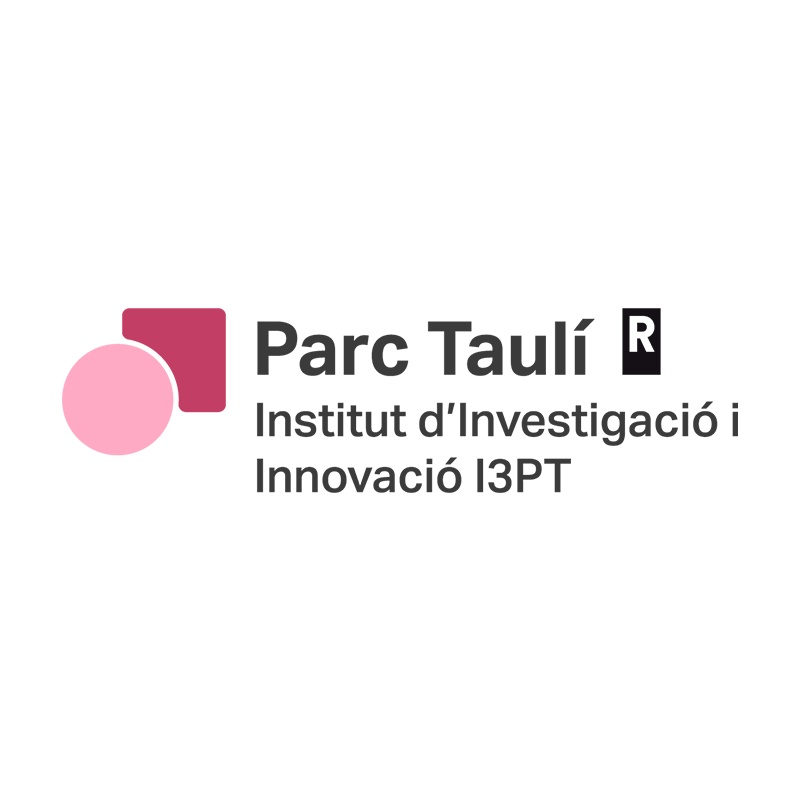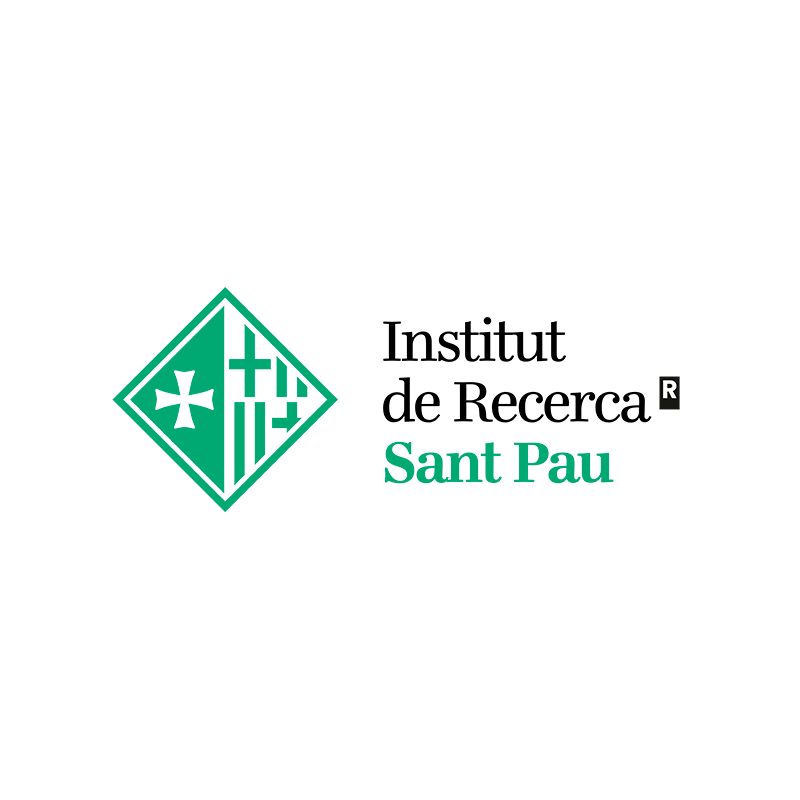TOUCH is a new excellent doctoral programme led by the Universitat Autònoma de Barcelona (UAB) to train tomorrow’s mental health researchers.


The goals
Recruitment and training of 24 doctoral candidates under four major thematic areas in mental health & wellbeing research:
- Fostering mental health and wellbeing across lifespan.
- Transdisciplinary approach to mental health & wellbeing determinants.
- Multilevel strategies for assessment and intervention in mental health & wellbeing: from genomics to personomics
- Governance in mental health systems: participation, education, and community.
Fulfilling all the principles of Open Science.
Maintaining the highest research quality standards.

Joining forces in mental health research
TOUCH is a stepping stone towards the implementation of a long-term collaboration agreement in the framework of the Research Network in Mental Health, one of the Communities Oriented to Strategic Challenges (CORE, by its acronym in Catalan) promoted by the Autonomous University of Barcelona (UAB). The project will act as a key tool to articulate the necessary capacities from the UAB sphere to carry out successful research projects in complex and strategic areas through a collaborative, multidisciplinary and innovative approach.
What does TOUCH offer?
- Over 60 opportunities to undertake research projects with renowned supervisors.
- 3-year full-time contract (37,5 hours / week) and a gross salary of 2.375 €/month (the salary will be the same for the 3 years).
- The international and intersectoral aspects of the programme will be enhanced through collaboration with several associated partner organisations, including universities, private companies, social enterprises & associations, research centres, clusters, foundations & mental health associations.
- The availability of world-class research infrastructures.
- An excellent training programme, including:
- Practical hands-on schools.
- Training in research diversity and scientific and communication skills, and a personal development retreat, among other activities to bring a holistic approach to the training through a combination of research-oriented and challenging soft skills.
- International and/or intersectoral secondments at partner laboratories and premises.

Where can you do your doctoral studies?
The TOUCH doctoral programme involves the Universitat Autònoma de Barcelona and 7 reference organisations as implementing partners hosting doctoral students (research centres, research foundations and research organisations linked to prestigious hospitals in the region):

Univestiat Autònoma de Barcelona

Centre d’Estudis Demogràfics

Centre de Recerca Matemàtica

Centre de Visió per Computador

Fundació Salut i Envelliment

Institut d’Investigació i Innovació Parc Taulí

Institut de Recerca Sant Pau

Vall d’Hebron Institut de Recerca
Training
Initial workshop
Two workshops will be organized gathering doctoral fellows recruited under each Open Call. The workshops will last 4 days and will include scientific lectures given by high profile experts of the field, and training in transferable skills.
Hands-on schools
Training doctoral candidates on theoretical & practical aspects on specific topics relevant for the field of mental health. 4 hands-on-schools of 3 days will be organised, each of them will be focused on one of the four thematic areas of the programme. Doctoral candidates will have to participate in 2 of the 4 trainings offered.
Workshop on research diversity
This half-a-day workshop is aimed at introducing doctoral fellows about the value of diversity, the challenges and outline the tools to make diversity work in research proposals and projects.
TOUCH programme on scientific and communication skills
This programme aims at training doctoral fellows, with innovative techniques and proven didactic concepts, in a range of key topics, including lectures and practical tools on oral & poster presentations, scientific publishing & how to read a paper, outreach & online science communication, and career development.
TOUCH retreat for personal development
3 days retreat away from research for personal development & team building activities to promote networking in a relaxed environment.
Secondments
Exchange visits are planned for all recruited fellows throughout the project at partner laboratories and premises for intersectoral and interdisciplinary transfer of knowledge. Secondments will last 3-6 months with a minimum of one secondment/doctoral fellow.

Any questions?
Watch the video of the TOUCH Info Day.